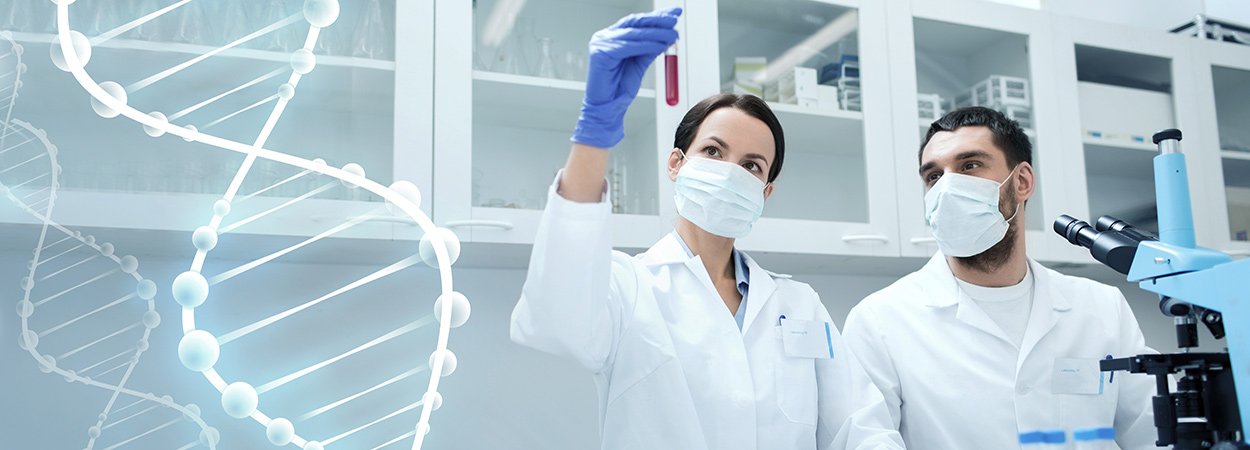Concept about Biochemistry – Introduction to fundamental concepts of Biological Science including the organization and common characteristics of living matters, cell structures and functions, food production by photosynthesis, harvesting energy, mechanism of cells reproduction, genetics, evolutions, and Human Biology. Introduction to general chemistry including basic concepts about matter, atomic structure, chemical bonds, gases, liquid, and solids, solutions, chemical reactions, acid, bases, and salt;
organic and biochemistry including hydrocarbons and their derivatives, carbohydrates, lipids, proteins, enzymes, vitamins, and minerals, nucleic acids; principles of physics and applications to nursing including gravity and mechanics, pressure, heat and electricity; nuclear chemistry and nuclear physics, effects of radiation on human beings, and protection and disposal. The aim of the course is to acquire knowledge and skills in general biological science, general chemistry and physics.
Concept about Biochemistry
Biochemistry is the study of the chemical reactions that take place inside organisms. It combines elements from both biology and chemistry.
Or
Biochemistry in general deals with body substance like enzymes, carbohydrates, amino acids, fats, proteins, hormones, DNA, RNA, pigments, etc.
Branches of Biochemistry:
1. Structural biochemistry: An area of biochemistry which aims to understand the chemical architecture of biological macromolecules, especially proteins and nucleic acids (DNA and RNA).
2. Bio-organic Chemistry: An area of chemistry that deals with the study of organic compounds (ie, those having carbon-carbon or carbon-hydrogen covalent bonds) that come specifically from living things. It is a science closely related to the classical biochemistry, since in most carbon biological compounds involved.
3. Enzymology: Studies the behavior of biological catalysts or enzymes, such as certain proteins and certain catalytic RNA and the coenzymes and cofactors such as metals and vitamins.
4. Metabolic Biochemistry: An area of biochemistry who claim to know the different types of metabolic pathways at the cellular level, and organic context.
5. Xenobiotics: This is the discipline that studies the metabolic behavior of the compounds whose chemical structure is not proper in the regular metabolism of a given organism.
6. Immunology: This is one of the area of biology, which is interested in the reaction of the organism to other organisms such as bacteria and viruses. 7. Endocrinology: The study of internal secretions called hormones, which are produced by specialized cells substances whose aim is to affect the function of other cells.
7. Endocrinology: The study of internal secretions called hormones, which are produced by specialized cells substances whose aim is to affect the function of other cells.
8. Neurochemistry: The study of organic molecules involved in neuronal activity. This term is frequently used to refer to neurotransmitters and other molecules such as neuro-active drugs influencing neuronal function.
9. Chemotaxonomy: The study of the classification and identification of bodies according to en their demonstrable differences and similarities in their chemical composition.
10. Chemical ecology: The study of the chemical compounds of biological origin involved in the interactions of living organisms
11. Virology: This is one of the area of biology, dedicated to the study of elementary bio systems: viruses.

Importance of Biochemistry in Medicine
1. Physiology: Biochemistry helps one understand the biochemical changes and related physiological alteration in the body. Pathology of any disease is studied through biochemical changes.
2. Pathology: Based on the symptoms described by the patient, the physician can get a clue on the biochemical change and the associated disorder. For example, if a patient complains about stiffness in small joints, then the physician may predict it to be gout and get confirmed by evaluating uric acid levels in the blood. As uric acid accumulation in blood results in gout.
3. Nutrition deficiency: In the present scenario, many people rely on taking multivitamin & minerals for better health. The function and role of the vitamin in the body are described only by biochemistry.
4. Hormonal deficiency: There are many disorders due to hormonal imbalance in especially women and children. The formation, role of hormones in the normal body function is taught in biochemistry by which the physician can understand the concerned problem during treatment.
Importance of Biochemistry in Nursing
In nursing, the importance of clinical biochemistry is invaluable. When a patient is in the hospital nurses, need to keep a watch on how his condition is progressing through clinical biochemistry. That is the treatment for helping him recover from said condition etc. Almost all the diseases or disorders have some biochemical involvement. So the diagnosis of any clinical condition is easily possible by biochemical estimations.
1. Kidney function test: For example in kidney disorders, other chemotherapy treatment, etc. urine test help understand the extent of excretion of drugs or other metabolites, the change in pH, the color of urine, etc.
2. Blood test: In diabetes, biochemical analytical test for blood glucose level (above 150mg/deciliter) helps one understand the severity of diabetes disorder. Another biochemical analysis for ketones bodies in urine also indicates the stage of diabetes. The appearance of ketone bodies or ketone urea is mostly the last stage of diabetes.
3. Liver function tests help understand the type of disease or damage to the liver, the effect of any medication on the liver, etc.
4. Serum cholesterol test: Evaluation of blood cholesterol level and other lipoproteins helps to understand the proneness of the patient to cardiovascular diseases.


